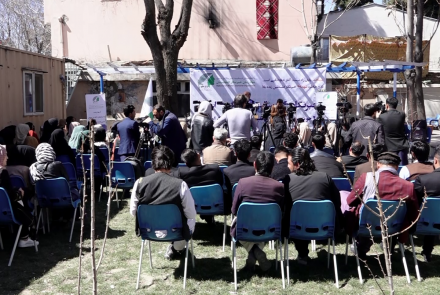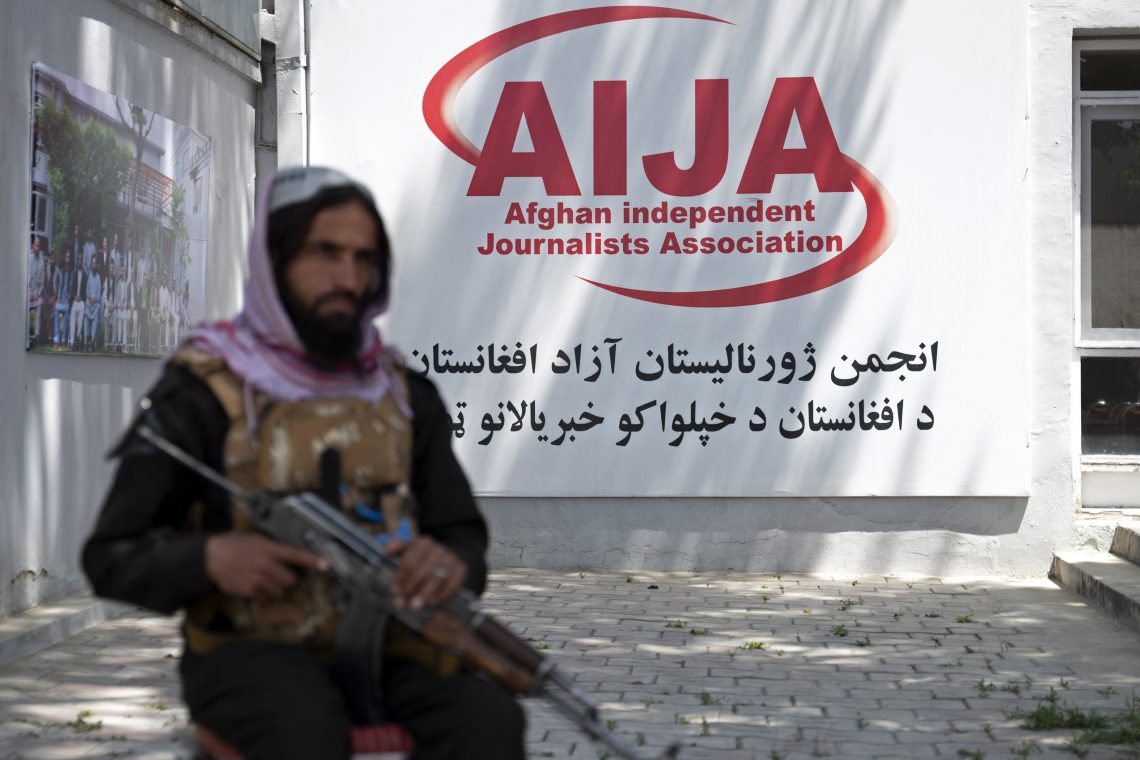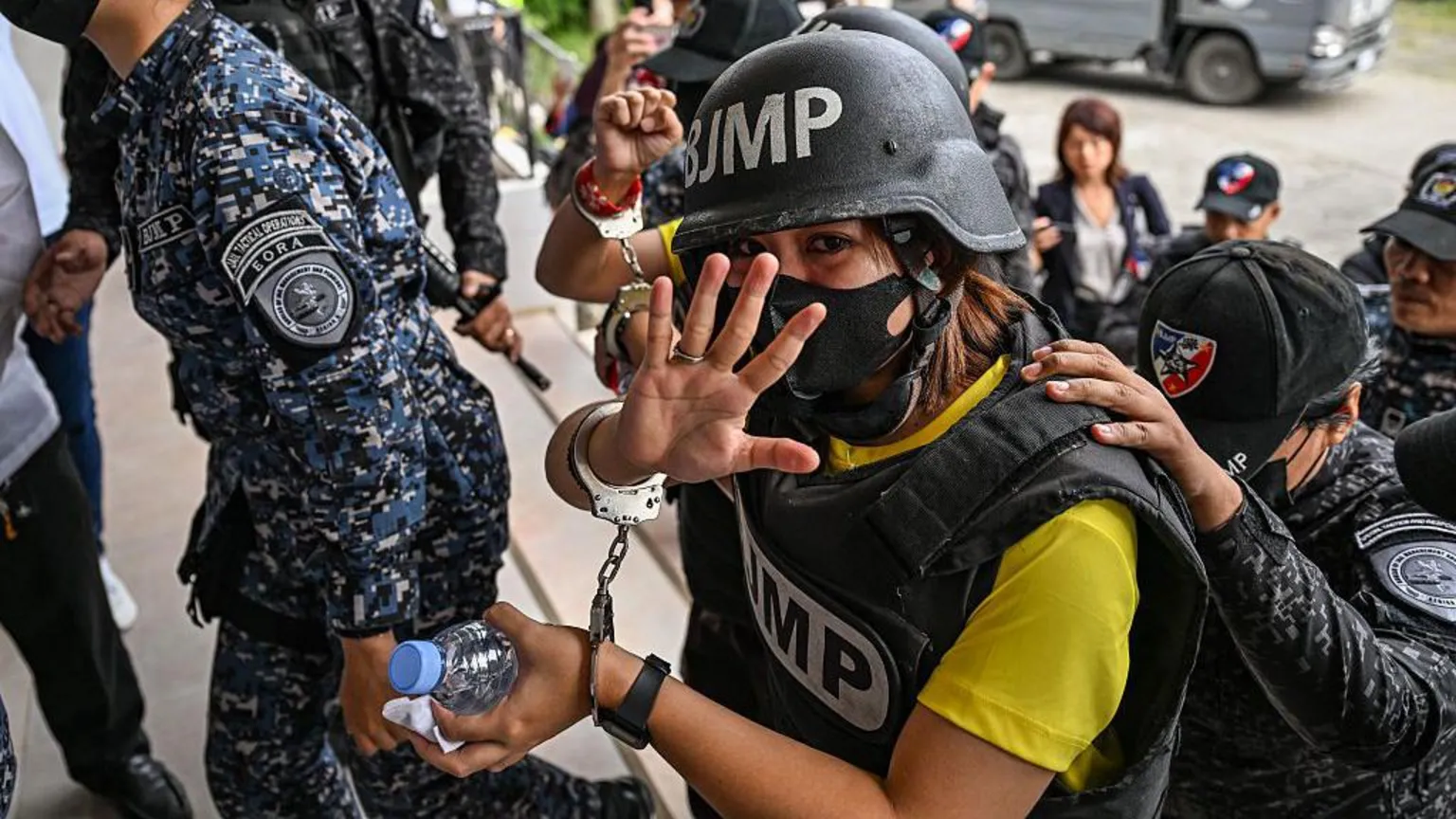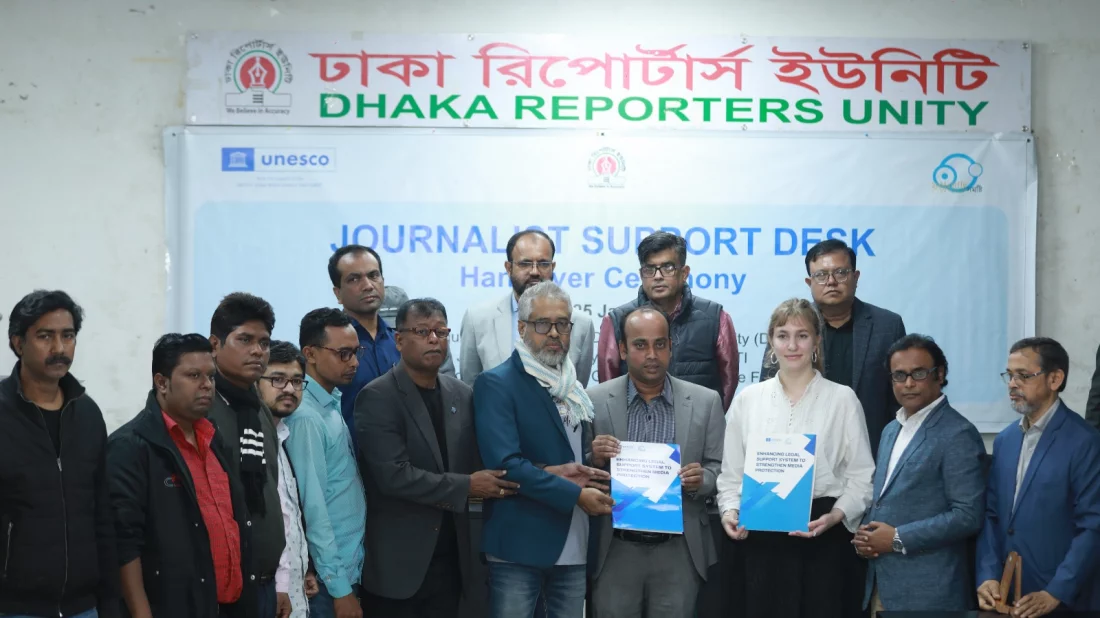
Zimbabwe Police and Journalists Strengthen Collaboration to Promote Media Freedom
March 17, 2025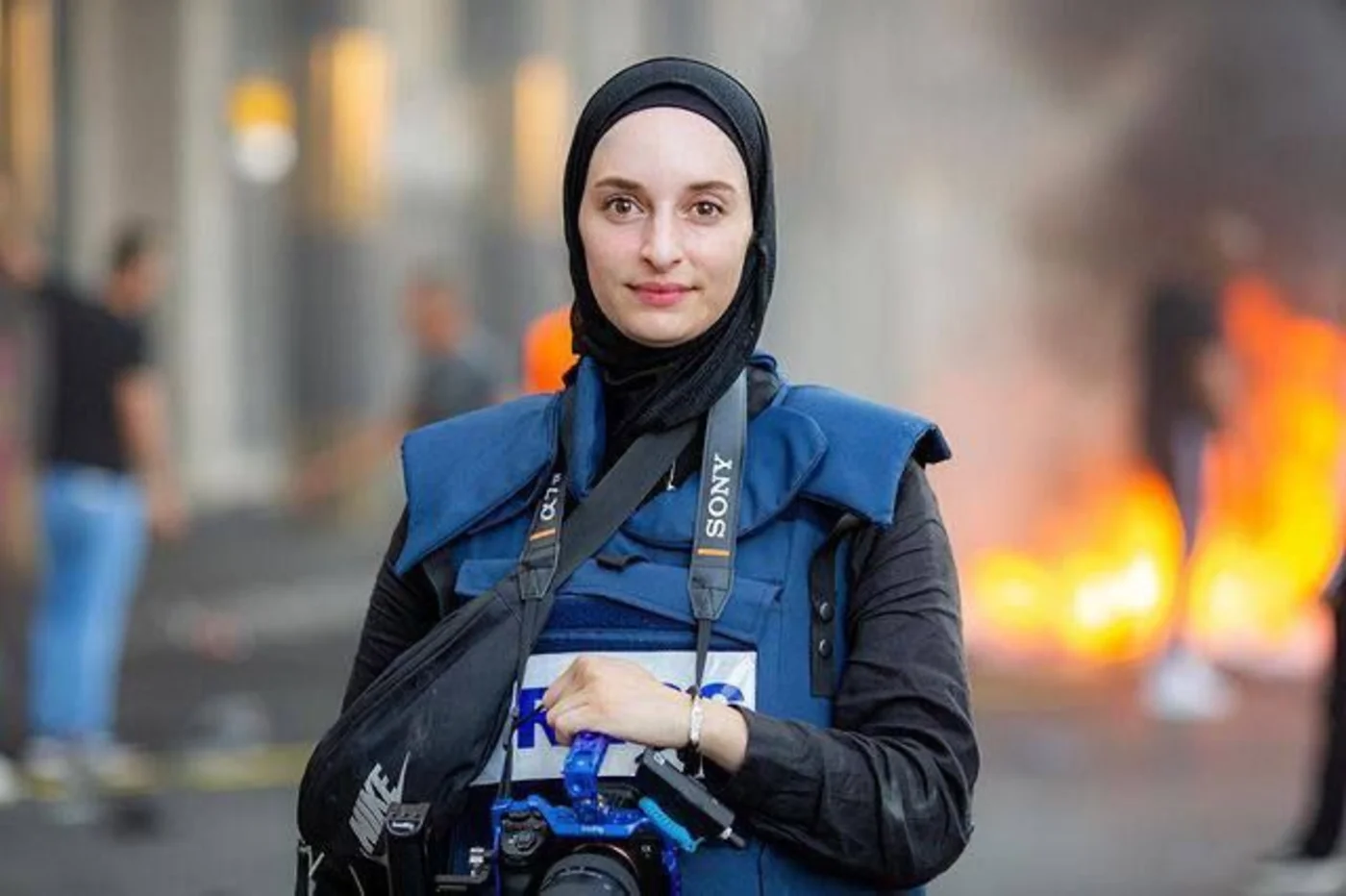
Israeli Forces Detain Palestinian Journalist Latifeh Abdellatif Amidst Press Freedom Concerns
March 17, 2025March 17, 2025 – Afghanistan –
Since the Taliban’s return to power in August 2021, Afghanistan’s media landscape has undergone a dramatic transformation, characterized by severe restrictions and a pervasive climate of fear. The Committee to Protect Journalists (CPJ) reported that the Taliban’s “Law for the Propagation of Virtue and the Prevention of Vice” grants the morality police extensive powers to censor media content deemed contrary to their interpretation of Sharia law, including prohibitions on reporting that insults Islam or Muslims.
The Afghanistan Journalists Center (AFJC) documented 181 incidents of press freedom violations in 2024, including the closure of 18 media outlets and the arrest of 50 journalists. Notably, there were no targeted attacks or injuries to media workers that year, marking a significant improvement over 2023, which witnessed a targeted attack resulting in the death of one journalist and injuries to at least 19 others.
Women journalists have been particularly affected, with many losing their jobs or being forced into exile. A recent report highlighted that employment for women in the media has significantly decreased, with many provinces having no female journalists.
Despite these challenges, some media outlets continue to operate under stringent conditions. Moby Group, led by Saad Mohseni, produces news and entertainment for Afghan audiences, adhering to Taliban-imposed guidelines such as banning women from appearing uncovered on screen and prohibitions on music.
The international community has expressed concern over the deteriorating press freedom in Afghanistan. The United Nations Assistance Mission in Afghanistan (UNAMA) reported that journalists face increasing limitations, arbitrary detentions, and a widespread atmosphere of fear and self-censorship since the Taliban seized power.
In response, Afghan journalists and advocates have called for international support to uphold press freedom. At a Hoover Institution event, they emphasized the need for solidarity and pressure on the Taliban to respect media rights.
The situation for journalists in Afghanistan remains precarious, with ongoing threats to their safety and freedom. Continued international attention and support are crucial to ensuring the survival of independent media in the country.
Reference –
https://www.rferl.org/a/afghanistan-media-taliban-morality-law/33182457.html
https://tolonews.com/index.php/afghanistan/attack-mediajournalists-193493

